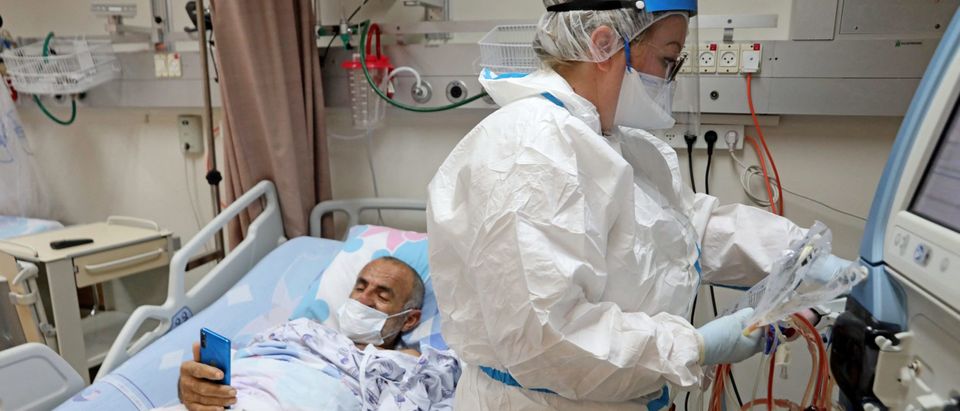An influential paper espousing the dangers of “long COVID” is now under investigation by the journal that published it.
The Jan. 2021 paper, titled “6-month consequences of COVID-19 in patients discharged from hospital: a cohort study,” has been cited more than 1,600 times and referenced multiple times by the World Health Organization, according to Retraction Watch. It was recently flagged with an “expression of concern” by editors of The Lancet, the prestigious medical journal that initially published the paper.
Buzzy Lancet long COVID paper under investigation for ‘data errors’ https://t.co/qlNpw4G9oW
— Ivan Oransky (@ivanoransky) December 1, 2022
“In view of the extent of these data errors, we now issue an Expression of Concern about the 6-month paper while we investigate further, including further statistical and clinical review of the corrected data,” the expression of concern reads. “We will update this notice as soon as we have further information.”
The expression was issued after a reader noted some discrepancies between the data in the paper and a follow-up publication that used the same set of cohorts. Author Bin Chao, who worked on both papers, has not publicly commented on the expression of concern. Chao is a researcher at China’s National Center for Respiratory Medicine. (RELATED: Big Pharma Can’t Figure Out How To Cash In On ‘Long COVID’)
Researchers have not yet been able to agree on a standardized definition of long COVID. Generally speaking, it refers to lingering COVID-19 symptoms months after an initial infection and occurs even after someone is no longer testing positive from the virus. As many as 150 different symptoms have been linked to the condition at various points, leading some health professionals to dismiss it as a psychosomatic ailment.
Others have advocated for continued pandemic-era restrictions, such as mask and vaccine mandates, due to the alleged threat of long COVID. A recent report issued by the Department of Health and Human Services suggested bringing back widespread masking due to the condition.


